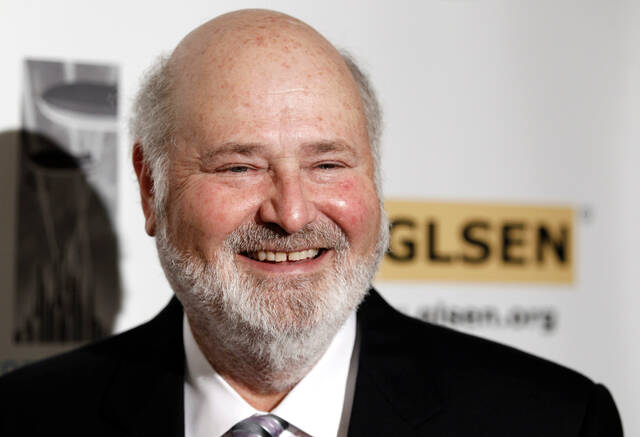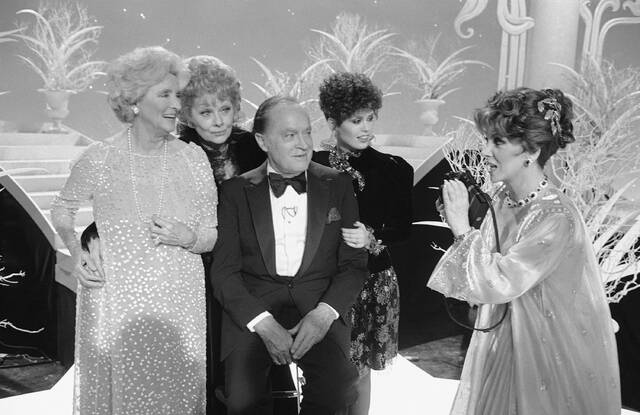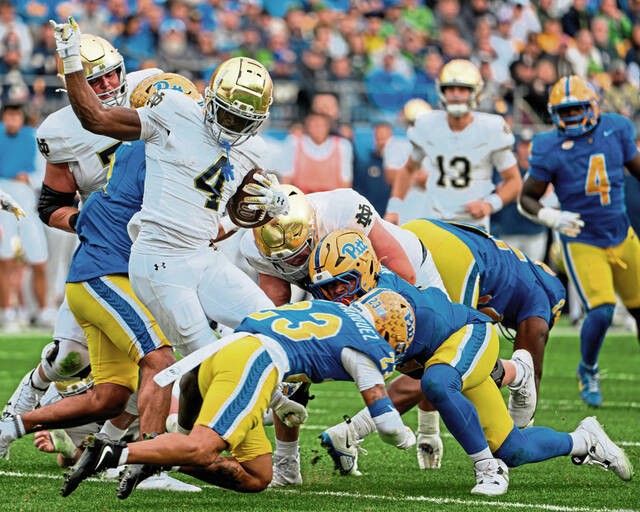No Christmas in American history compares to that of 75 years ago: Christmas 1945. For the first time in several painfully long years, a nation at war was a nation at peace. Germany had surrendered in May and Japan in August. World War II was finally over.
“Home for Christmas!” became the rallying cry for U.S. troops. Some arrived home just after, and most with no fanfare and ticker-tape parade.
“I was never home the whole time until January 1946,” regretted Dick Bailey, whom I spoke to one afternoon in May 2013. Dick was one of five Bailey brothers from Harrisville who served in World War II, and with no time home whatsoever since the day he shoved off to Europe in December 1942. He longed to be home for Christmas. He traveled from the other side of the Earth those final weeks that year, only to encounter a terrific snowstorm as he neared Western Pennsylvania.
One Western Pennsylvania boy who did make it home in time was Frank Kravetz. He unceremoniously arrived at his folks’ front door in smoky East Pittsburgh — no dramatic music, no parade. He hugged his mom and dad and sat down.
A tail-gunner in the Army Air Corps, on Nov. 2, 1944, Frank was blown out of the sky in a bomb run over Germany. He barely was able to parachute out of his B-17. He hit the ground and was immediately captured by German troops, who took Frank to what he called the “hell-hole” of a Nazi prison camp in Nuremberg. His weight dwindled to 125 pounds.
“Just existing became what was important,” Frank told me in May 2011.
Both Frank Kravetz and Dick Bailey are gone now. They lived long and happy lives into their 90s. And for so many soldiers and their moms and dads and brothers and sisters and sweethearts, Christmas 1945 was a truly blessed event that they had hoped and prayed they might get to spend together.
But of course, not all of those who served in World War II were able to make it home for Christmas 1945.
To that end, maybe the biggest shock to Americans that December 1945 was the stunning death of America’s top military man: Gen. George S. Patton. Patton died just before Christmas Day 1945, as a result of injuries from a freak vehicle incident in Germany. He was only 60 years old.
Patton had been an icon, a hero. Frank Kravetz could attest to that. Frank’s liberation from the Nazi prison camp had come courtesy of Patton’s 3rd Army. “General Patton rolled in, sitting high in a command car,” recalled Frank. “His very presence was awe- inspiring. I stood there staring at General Patton, our liberator, appearing larger than life.” Thousands of emaciated, ecstatic POWs, overcome with emotion, chanted, “Patton! Patton! Patton!” Standing in the car, Patton seized a bullhorn: “Gentlemen — you’re now liberated. … We’re going to get you out of here.”
It finally hit Frank: “I’m going home. I’m really going home!”
Home for Christmas 1945, Frank was. But not George Patton. He wouldn’t make it.
For Christmas 1945, America celebrated peace for the first time in years. It was a great moment of joy for the families and men of the war — that is, for those who made it home.








